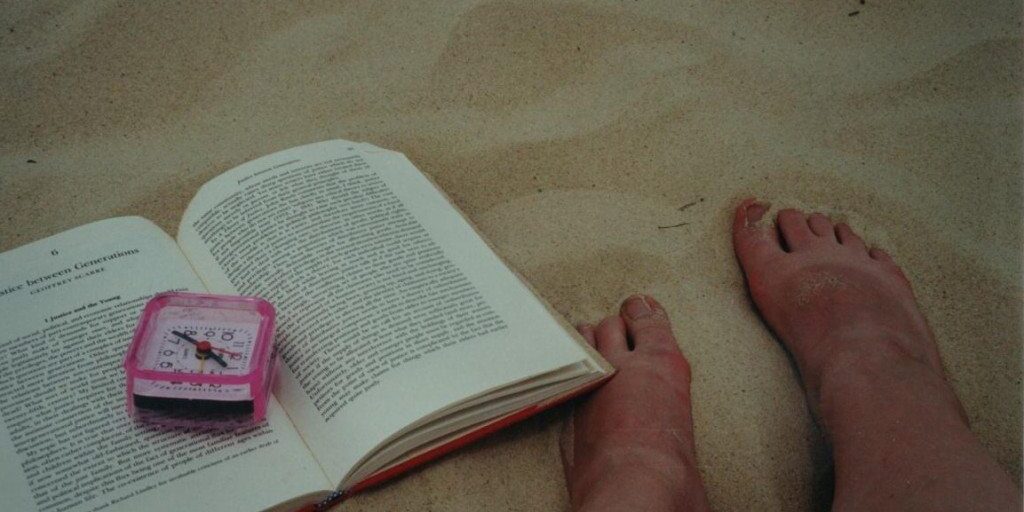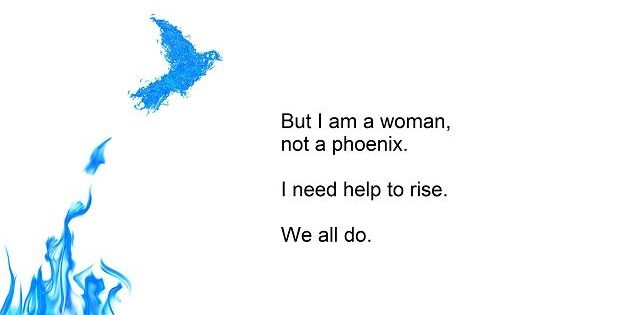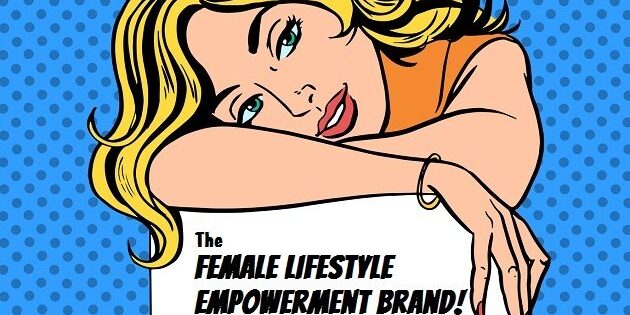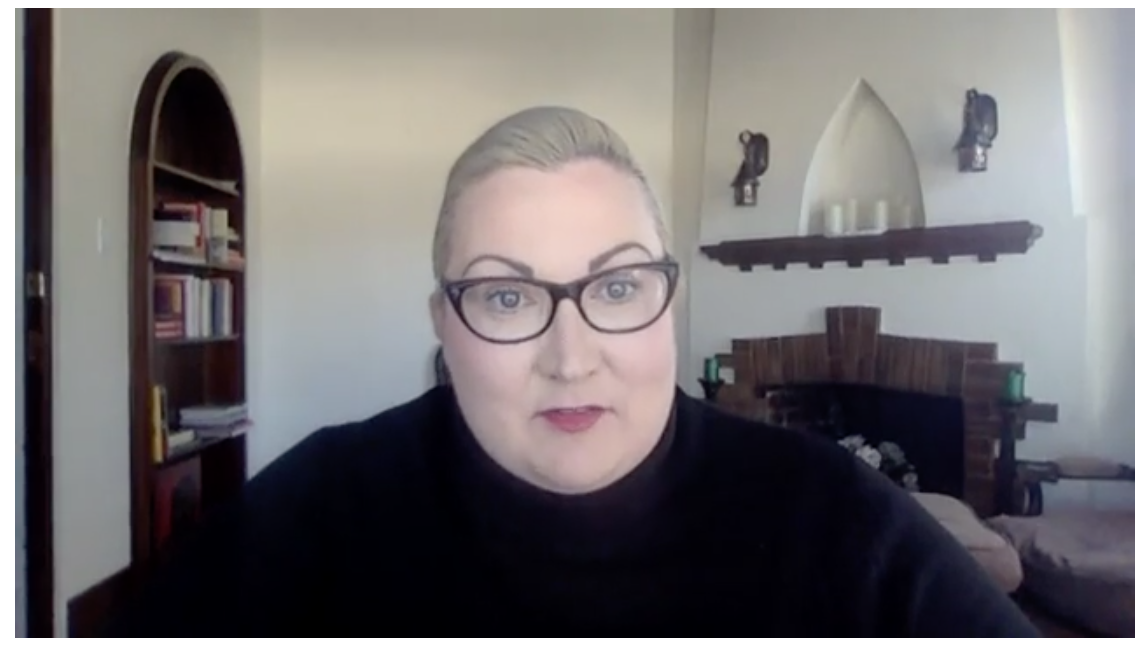
In Our Culture, Every Woman Is a Brand
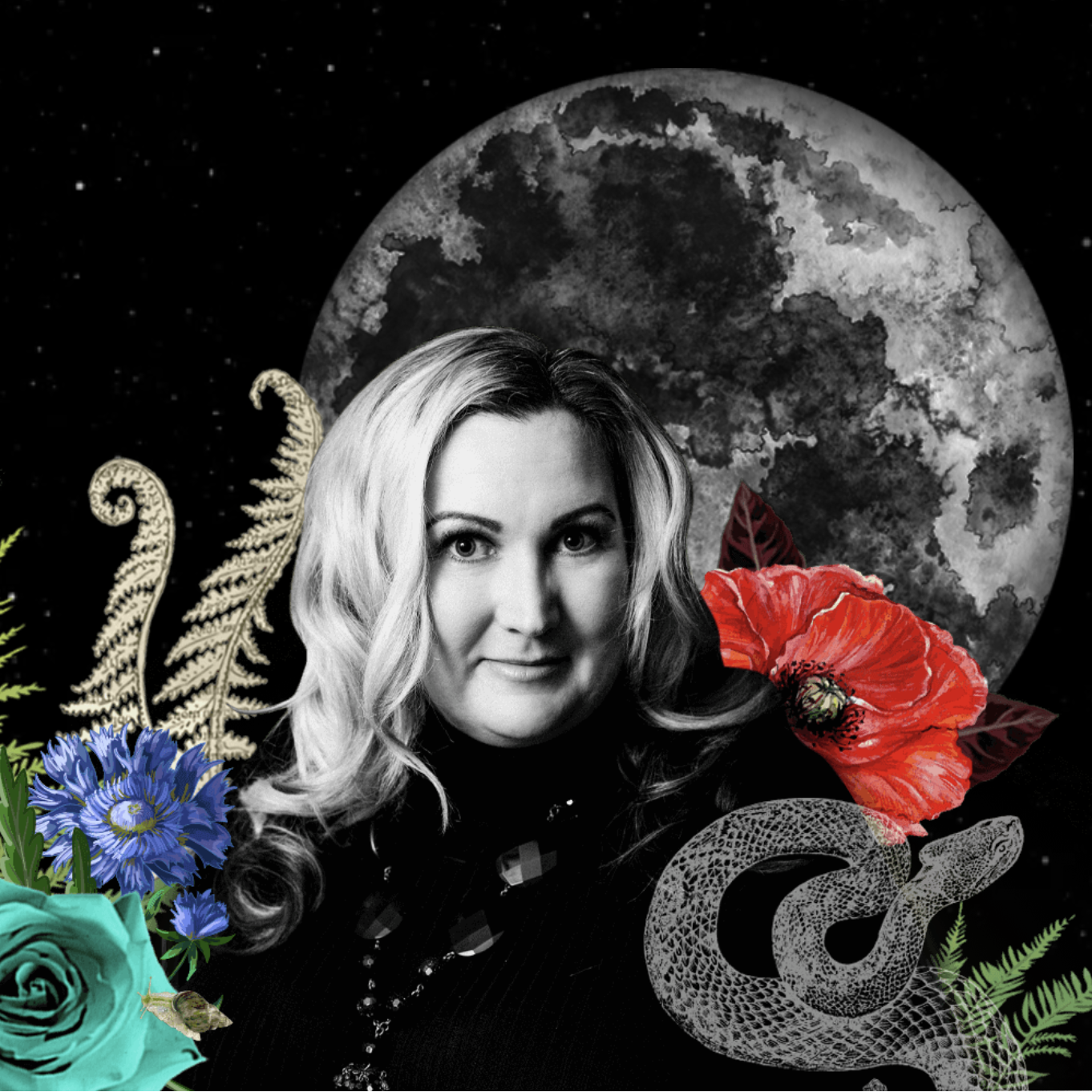
Today, I am thinking about “brand” and “women”.
And when I say “today”, I mean really for the last several years, possibly decades.
When I wrote out my definition of The Female Lifestyle Empowerment Brand, I wrote about four things: female, lifestyle, empowerment, and brand. All four things are distinct patterns that are intertwined and define the way women are allowed to present and express themselves — personally, professionally, and in our culture.
Today, in particular, I want to talk about the fourth pillar: BRAND.
In a culture that requires women to present with mandatory femininity, to behave in particular ways, and to perform certain behaviors in order to get access to rights and resources, every woman in our culture has to present herself as saleable, consumable object.
We have to manage impressions; we have to manage a perceptions; and we have to exhibit a certain set of qualities and have a story associated with us in order to get the things that we want – because those resources are associated with that story.
If women have to do that, then women are brands, because that’s the same definition of brand.
Brand, essentially, is managing a perception or creating a story that people then associate with that product, which motivates them to consume that product. If women have to do the same thing, then women in our culture are brands. We’re forced to perform a character and story. We’re forced to display ourselves as consumable objects — including to our most intimate relations. Friends, family, partners.
There’s a book that I hold in my head that is emblematic of how women are consumable objects — brands! — in our culture.
It’s a 1969 book by Margaret Atwood — an extraordinary, slim little novel called “The Edible Woman.”
In it, the protagonist works at a market research firm. She is in charge of profiling people and understanding consumers’ desires. Then, at the same time as she has this job, she becomes engaged.
Suddenly, she starts empathizing with the meat on her fiance’s plate.
And because she starts empathizing with animals who have been killed and food that’s being consumed, she finds herself unable to eat.
She doesn’t consciously understand what’s going on inside of her but in essence, she feels like a consumable object. She, as a woman in 1969 — and a marketer! — feels like her culture and her fiance are devouring her.
She intuits that she’s a commodity.
Now fast forward to today.
If we look around at current events and the way the veil is being pulled back, we’re seeing more and more evidence that in every walk of life — from teenage girlhood to professional adult lives — women are being required to be consumable objects. We’re asked to present our bodies for other’s entertainment and our pain for other people’s edification.
“A Small Sip of Patriarchy”
This issue came even more into focus for me when I watched a video by my friend Emelia Symington Fedy (she’s a brilliant playwright, comedian, actor, and writer).
It’s from a series she calls “A Small Sip of Patriarchy”; in it she sips a mystery liquid — tea? coffee? male tears? — and then identifies small, insidious but life-defining way that patriarchy shows up in her life and women’s lives.
Emelia’s most recent video was about realizing that no, she doesn’t have to wear a bra.
It was a complete epiphany to her, in her fourth decade of life that, in fact, she is not required to wear a bra.
The reason it came up for her is because in Canada right now there is a lawsuit going on wherein a woman is suing her employer because he says that, in order to work and show up for work, she must wear a bra. He sends her home and punishes her because she doesn’t wear a bra. Now, they’re engaged in a labor lawsuit. Which raised the question for Emelia: Actually, are we required to wear bras?
This seems like a small thing, but it’s significant — and revealing.
If we think that there are certain things that we have to do in order to be appropriate women in public spaces, that’s one more reminder that we are required to style ourselves as brands. Once again, in a million tiny ways, we have to present ourselves in certain ways in order to get rights and resources — like a job! If we don’t comply with feminine mandates of our culture (wear a bra!), then the resources we need to survive — a paycheque — may be threatened.
So with good reason, there are a whole bunch of narratives about “femininity” that women feel compelled to attach ourselves to in order to be safe and access resources.
All The Feminine Brands…
There’s the good mom, there is the good woman, the good girl. There’s the bad mom. There is the successful woman. There is the Female Lifestyle Empowerment Brand. Each of these is a brand narratives that we’re required to pick from and perform — and the better we perform our chosen brand, the better we’re able to obtain the goods that are associated with that story.
When we present as a brand to an audience — friends, family, our boss — it is because we are trying to manage a cultural gaze or a male gaze.
We present ourselves in those ways and conform to a personal/cultural brand story because we’re trying to get goods and resources we need to live.
We know from personal and historical experience that these are the levers we have to press in order to get those goods and resources.
Present yourself as brand, get purchased and paid.
We can even see this kind of personal branding taking place on the social media of women who are not entrepreneurs or public persons.
Many women, even when they’re not obliged to have a public brand or platform or be the face of a business, still feel compelled perform a certain character to their friends and families — and they do that in real life and online. They’ll perform the perfect mother, they’ll perform the naughty mother. They’ll put up social media posts that align with that story. They’ll dress in particular ways, they’ll put bumper stickers on their cars. They’re trying, as most of us do, to create a story and be associated with that story in order to get the goods and resources that are allocated to people in that role.
That’s revealing. Regardless of whether we are entrepreneurs, regardless of whether or not we have public platforms, all women are required to be brands in our culture because our culture consumes us.
Being good consumable objects and brands is how we survive.
One of aims of second wave feminism was to make it clear that women are not sex objects and that women are not objects to be consumed.
But I don’t think that the pressure to turn ourselves into objects in order to get resources has gone away. I think it’s just morphed and taken different forms.
I want to draw our attention to that and draw our attention to all the ways that the need to present yourself as an object and a brand gets drummed into us – so much so, that often we don’t even realize there are other options.
It happens in our personal lives and in the media we create and display in our personal social media feeds, but it also happens in our professional lives (for those of us who are entrepreneurs). We build professional platforms to align with particular stories so that people will consume our products — and our product is our self.
If Woman = Brand, how do we interrupt that in our personal and professional lives?
I’m concerned when people who are already required to be objects – women! — then have to turn the volume up on objectification and objectify themselves further.
That’s why I want to push back on this conditioning and remind us that we don’t have to perform in that way – and perhaps it’s better for our businesses and for our own senses of self & sanity not to perform in that way.
It is still possible to get the rights and resources that you want without performing those characters.
Admittedly, however, it’s not a guarantee. Our culture is hostile to anyone who doesn’t perform those characters and those who don’t display those identities (meaning white, thin, cis, heterosexual — but not too sexy! — able-bodied, and more). If we can’t display those identities, then we’re not going to fit into our culture’s stereotype or archetype of what a successful woman is, and therefore not going to be allowed access to certain things.
But here’s at least one way around it: when we are unapologetic for who we really are, when we refuse to allow ourselves to be shamed for our own identities, then we turn the things that have been used against us into sources of power.
Someone who taught me that last year is Ru Johnson. She’s an arts advocate and the founder of a consulting company called Roux Black. She works with upcoming artists and some of the biggest names in hip-hop, putting on concerts and events; recently, she recently accepted a position with the Cannabis Festival in Washington DC.
Ru designs really interesting, amazing events and experiences, and in the process of doing that, she ends up in meetings rooms with powerful and often very high profile people.
Ru is a fat, black, dark-skinned woman with very short hair, which means she does not present herself in a way that many of the men in those meeting rooms are used to dealing with women. She finds that because she’s not conventionally attractive they don’t know how to interact with her. They can’t default to their usual scripts. As a result, they have to take her seriously…because she discombobulates them. As a result, she views not being conventionally pretty – and she told me this explicitly — as a source of power.
I want to underline and embrace that. I know that in my own life, being a fat woman is actually a source of power. Yes, it’s a source of discrimination and dehumanization and oppression in my life, which has to stop, but there also is a knowledge and an insight into our social conditions that I have specifically because of my life experience in this body.
Because of my fat body, I see things that other people can’t or won’t see.
I have a whole brilliant treasure trove of wisdom that comes from that experience. This is a source of power – and it shows up in my own analysis and my work. When I articulate it and use it, it’s a source of power.
So when we divest of being consumable objects, when we divest of being brands and objects, when we insist on telling our own stories rather than pre-made brand stories, then we can use the things that have been used against us as sources of power.
I really want us to do that in our personal lives and in our actual brands.
That’s actually one of the reasons I’m so uncomfortable with the notion of turning a woman-owned, personality-driven business into a brand.
I’m not sure that we should ever try to be brands.
I think we should strive to market our work rather than our lifestyle.
We can market what we do rather than marketing a story about our lives that we want other people to aspire to.
And doing that – marketing our work and what we believe in and do – is one of the ways we divest of the imperative that we become consumable objects and brands.
That’s what I wanted to talk about today: how, in our culture at this moment in time, and for the last several hundred years, women have been required to be consumable objects and required to be brands. We’ve had to deliberately or intuitively associate ourselves with a particular story in order to get the rights and resources that come with that story.
I want us to do something different and refuse to be brands
I know that it’s possible.
I know we can use everything that’s been used against us as a source of power.
I know we can market with our actual work. I know we can require that people see us for who we are and navigate the world in that way.
I’m not saying it’s easy, but I know it can be done.
I want to encourage all of us — whether we’re individuals with private social media feeds or entrepreneurs and professionals inserting ourself into the public sphere with our media — to do our very best to attend to the politics of our own media so we can create that possibility for ourselves and for other people.
Let’s tell our own stories rather than the brand stories our cruel culture would have us perform.
——–
I also want to say two thank yous.
One to Carolyn Herfurth for encouraging me to do Facebook Live during our chit-chat today. I told her “I will jump on FB Live after our call and do it” — and I did!
And another to Toi Smith the founder of Smith Virtual Biz Partners and Black Women Are Love. Toi has been pressing and encouraging me to do Facebook Live for going on two years now.
I am listening, Toi, and I thank you. Here I am, showing up in the world, not being a brand, being myself, using all the things that have been used against me as my sources of power. Thank you and so much love to you.

